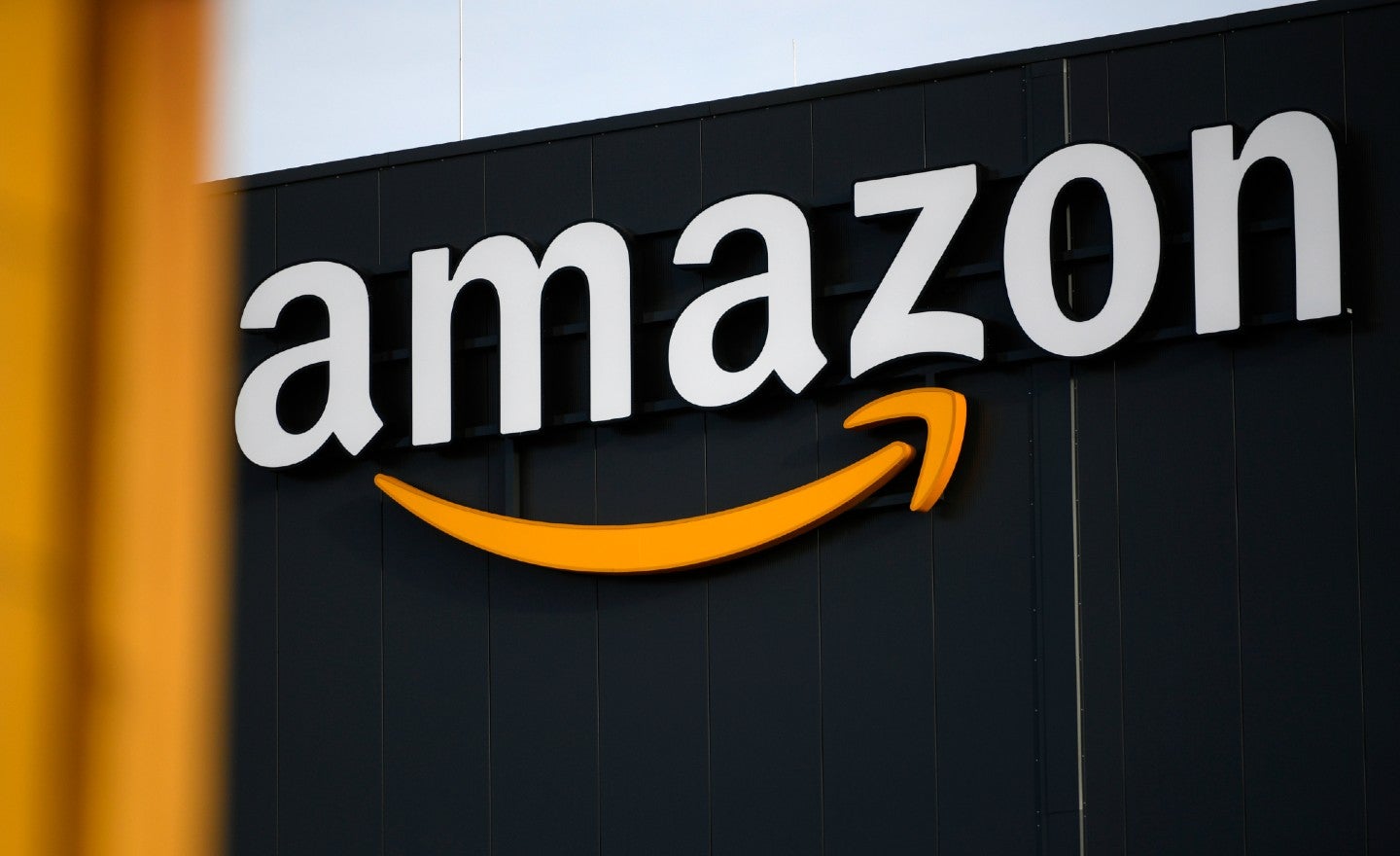In Silicon Valley’s fiercely competitive talent market, tech giants often use astronomical salaries and golden handshakes to lure top engineers and executives. But AMD CEO Lisa Su is taking a markedly different approach. Instead of joining the race to offer nine-figure compensation packages like Meta’s Mark Zuckerberg has been willing to do, Su says her strategy is rooted in building a work culture where employees feel valued, empowered, and far more than “just a cog in the wheel.”
Speaking in a recent interview, Su highlighted that while compensation is important, it isn’t the sole driver of loyalty or innovation in a company. “I believe people want to work somewhere where they have a sense of purpose, where they know their contributions matter,” she said. “We want the best talent in the world, but we’re not going to win by simply offering the biggest paycheck. We’re going to win by offering an environment where people can thrive.”
The Silicon Valley Salary Arms Race
Over the last decade, the tech industry has seen skyrocketing pay packages for elite engineers and executives. Meta, Google, and Apple have offered multi-million-dollar annual salaries, stock options, and signing bonuses to secure key hires. According to recent reports, some companies have extended offers exceeding $100 million in total compensation for high-demand roles in AI, semiconductor design, and software engineering.
But this salary escalation has also drawn criticism. Some industry observers argue that it fosters short-term loyalty, encourages talent-hopping, and creates unhealthy internal pay gaps. Su believes it can also distract from building cohesive teams and sustainable innovation pipelines.
AMD’s Alternative Playbook
Since becoming AMD’s CEO in 2014, Lisa Su has overseen one of the most remarkable turnarounds in tech history—transforming the chipmaker from a struggling player into a global powerhouse rivaling Intel and Nvidia. Her success has come not through lavish hiring sprees, but by fostering a culture of collaboration, technical excellence, and mutual respect.
“We’ve worked hard to create an environment where engineers, designers, and leaders feel like they own the company’s mission,” Su explained. “It’s not about being a faceless contributor to someone else’s vision—it’s about making sure their work directly shapes our products and our future.”
In place of outlandish salaries, AMD offers competitive pay combined with strong performance-based incentives, equity participation, and a deep emphasis on mentorship and career growth. According to Su, the key is balance: “We want people to be rewarded financially, but we also want them to feel fulfilled in their day-to-day work.”
Retention Through Recognition
Su’s philosophy is supported by research indicating that workplace culture, autonomy, and recognition can rival—or even surpass—salary as retention tools. A 2024 Gallup study found that employees who feel engaged and recognized are 3.5 times more likely to stay with a company, even when offered higher pay elsewhere.
For AMD, this means prioritizing transparency in decision-making, offering employees opportunities to work on groundbreaking projects, and encouraging a sense of shared achievement when milestones are reached.
Competing Without Overspending
While AMD competes in the same cutthroat market for AI and semiconductor talent as tech titans like Meta, Nvidia, and Apple, Su insists the company’s success shows that money alone isn’t the deciding factor. “If someone’s primary motivation is a record-breaking paycheck, they may not be the right fit for our culture,” she said. “But if they’re looking to build something meaningful and be part of a team that’s reshaping the industry, AMD is the place for them.”
A Long-Term Vision
Su’s approach reflects a broader belief that tech innovation is a marathon, not a sprint. By focusing on cultural alignment and employee fulfillment, AMD avoids the volatility that can come from relying solely on financial incentives to attract and retain staff.
“We want people who will grow with us,” Su emphasized. “It’s about the journey as much as the destination.”
In a sector where billion-dollar budgets and celebrity CEO salaries often dominate headlines, Lisa Su’s stance is a reminder that a company’s most powerful recruiting tool may not be the size of its checkbook, but the strength of its mission—and the sense of belonging it offers to those who join.














